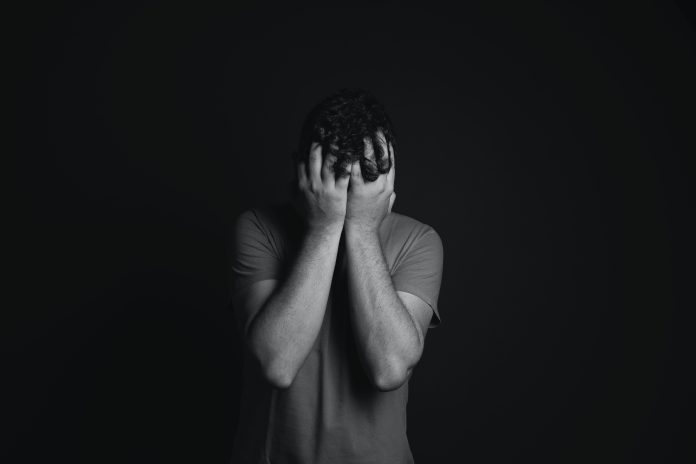Despite the return to normalcy since Covid-19 pandemic, the South African Depression and Anxiety Group (SADAG) has continued to record an increase in distress calls.
SADAG’s Casey Chambers says around 600 calls were made to the organisation on a daily basis, pre-pandemic.
But as soon as the first lockdown was enforced in March 2020, Chamber says the number of distress calls received doubled. This excluded the hundreds of emails, messages and other forms of contact.
“From the very first day of lockdown, our call volumes doubled overnight, to instantly receiving 1200 calls a day.”
In the years that followed, Chambers says the call volumes continued to gradually increased. They now receive around 3000 calls per day.
She believes this is evident of how many people were truly impacted by the pandemic and related factors, such as workplace issues, financial strain, trauma, loss and many others.
ALSO READ: Is your financial situation taking a toll on your mental health?
While Chambers says it’s encouraging to see so many people reach out to the organisation for help, she notes that it’s also concerning to see so many people struggling. It’s even more concerning that there may be thousands more that are unaware of SADAG or are unable to reach out, she says.
The toll on the SADAG workforce
Chambers says SADAG had to really start focussing on counsellor well-being since the pandemic – as they too experienced tremendous work pressure and personal life stress.
The organisation had then begun establishing support groups and providing debriefing sessions for the counsellors. She adds that it also provided more training focused especially on psycho-social issues that many of the latest distress calls relate to, such as gender-based violence and shelter and feeding schemes.
“We have to look after [the counsellors] mental health, so that they can look after the caller’s mental health.”
World Mental Health Day
With the theme of this year’s World Mental Health Day, “mental health is a universal human right”, Chambers says creating conversations around mental health as a human right issue is important – especially to let go of the stigma attached to it.
“[It’s] incredibly empowering… telling patients for the first time that these are your rights.”


